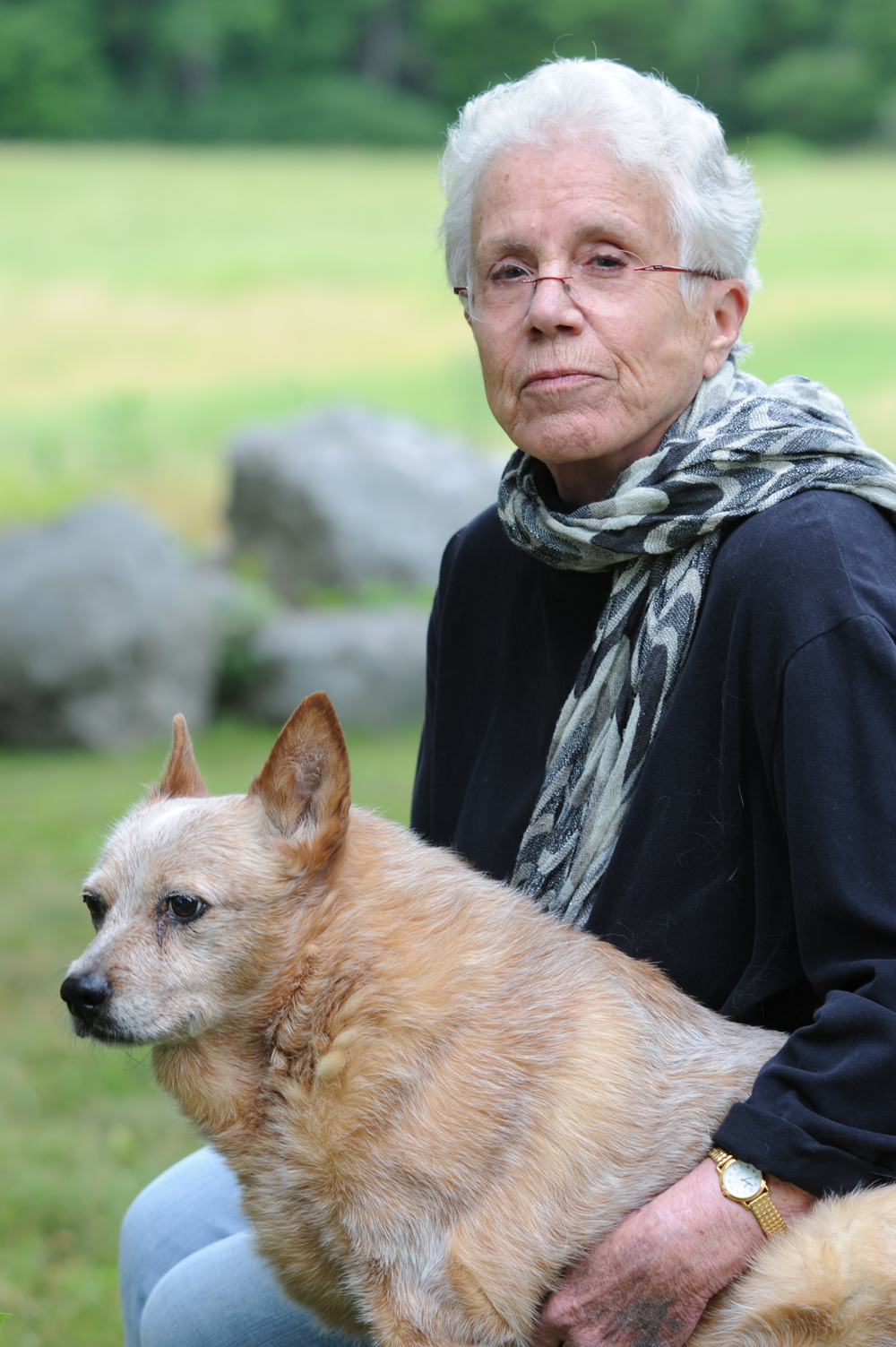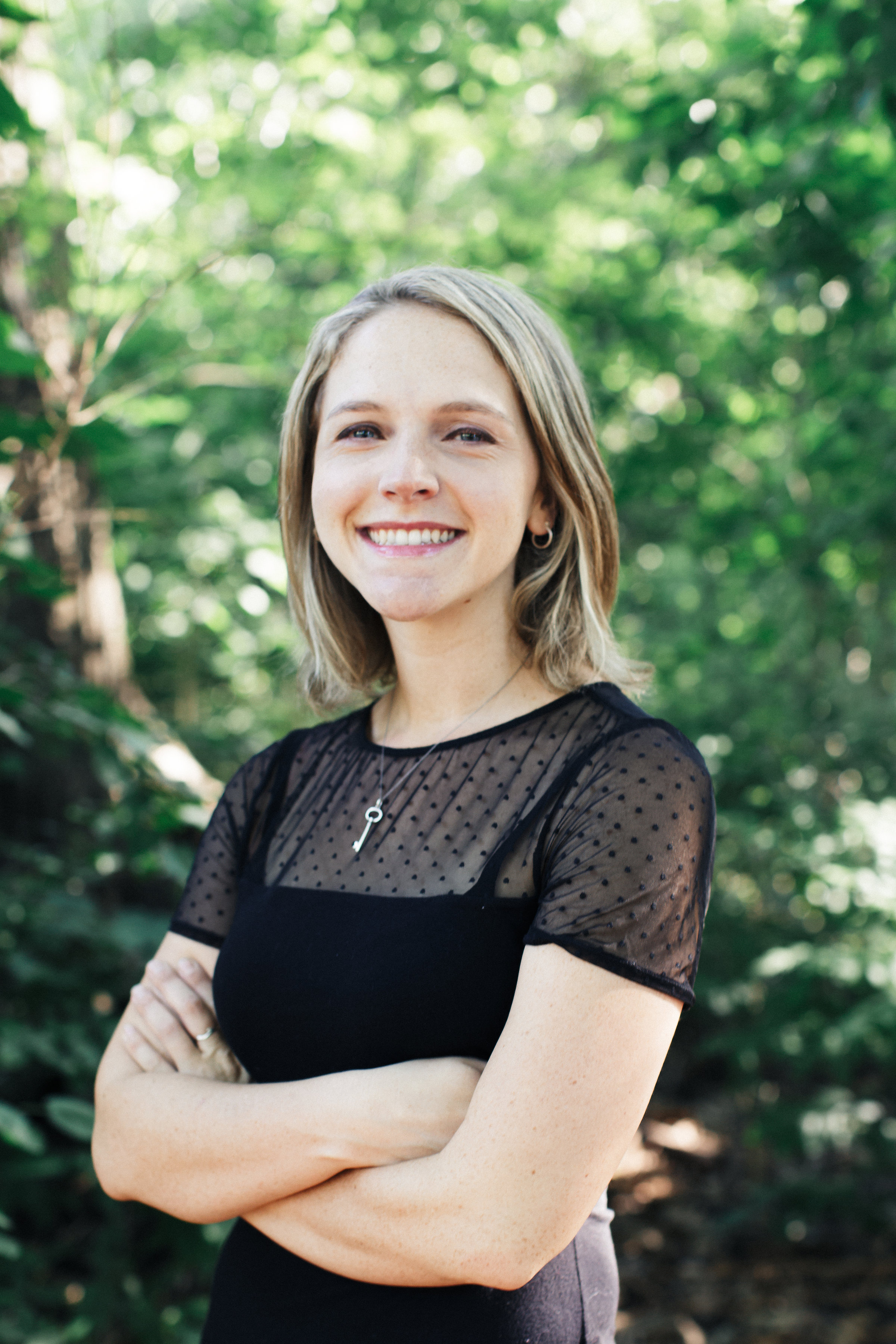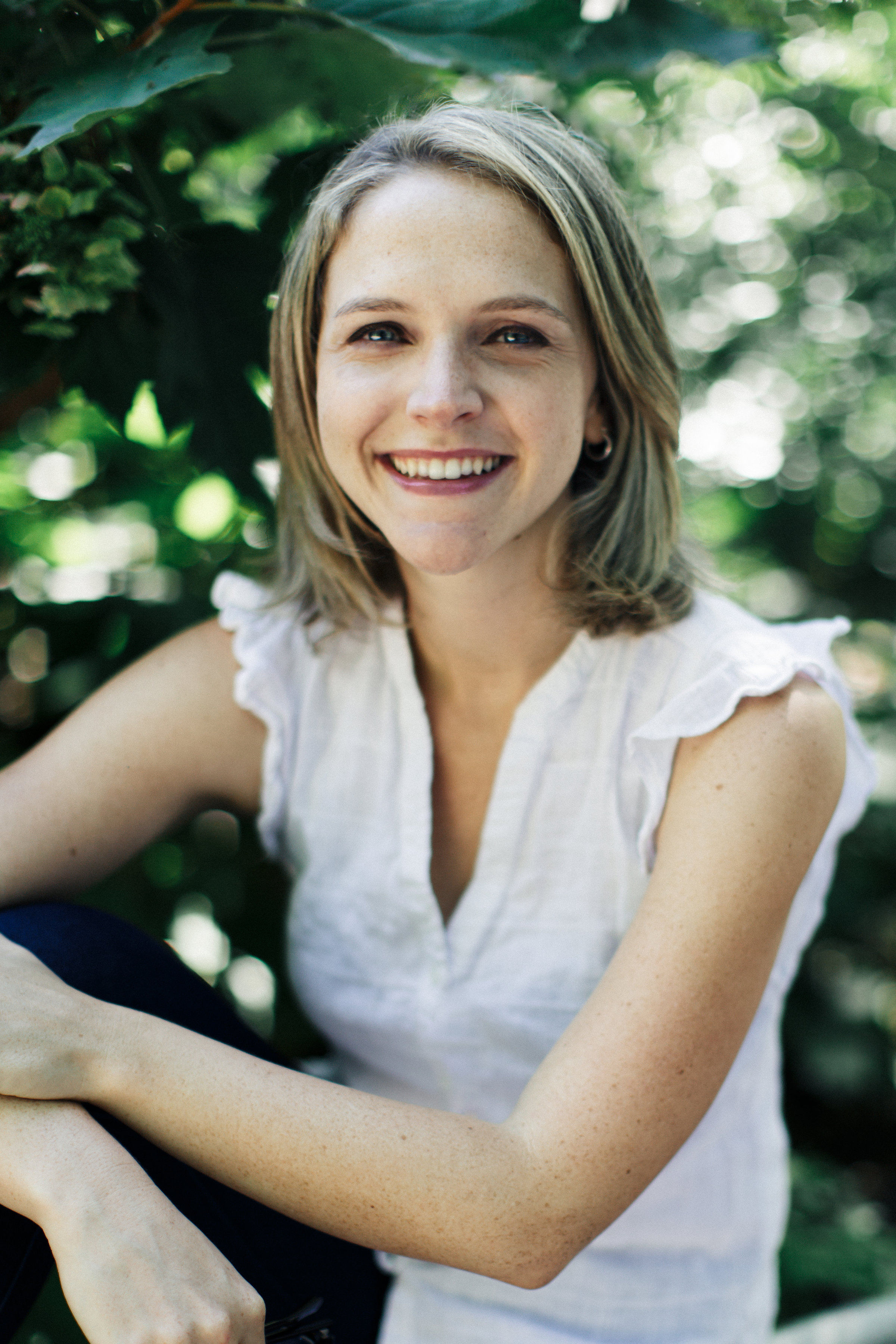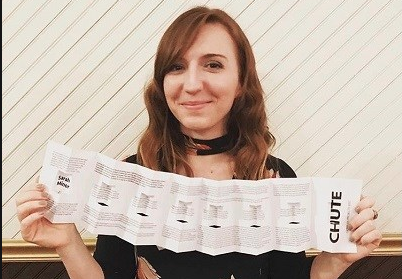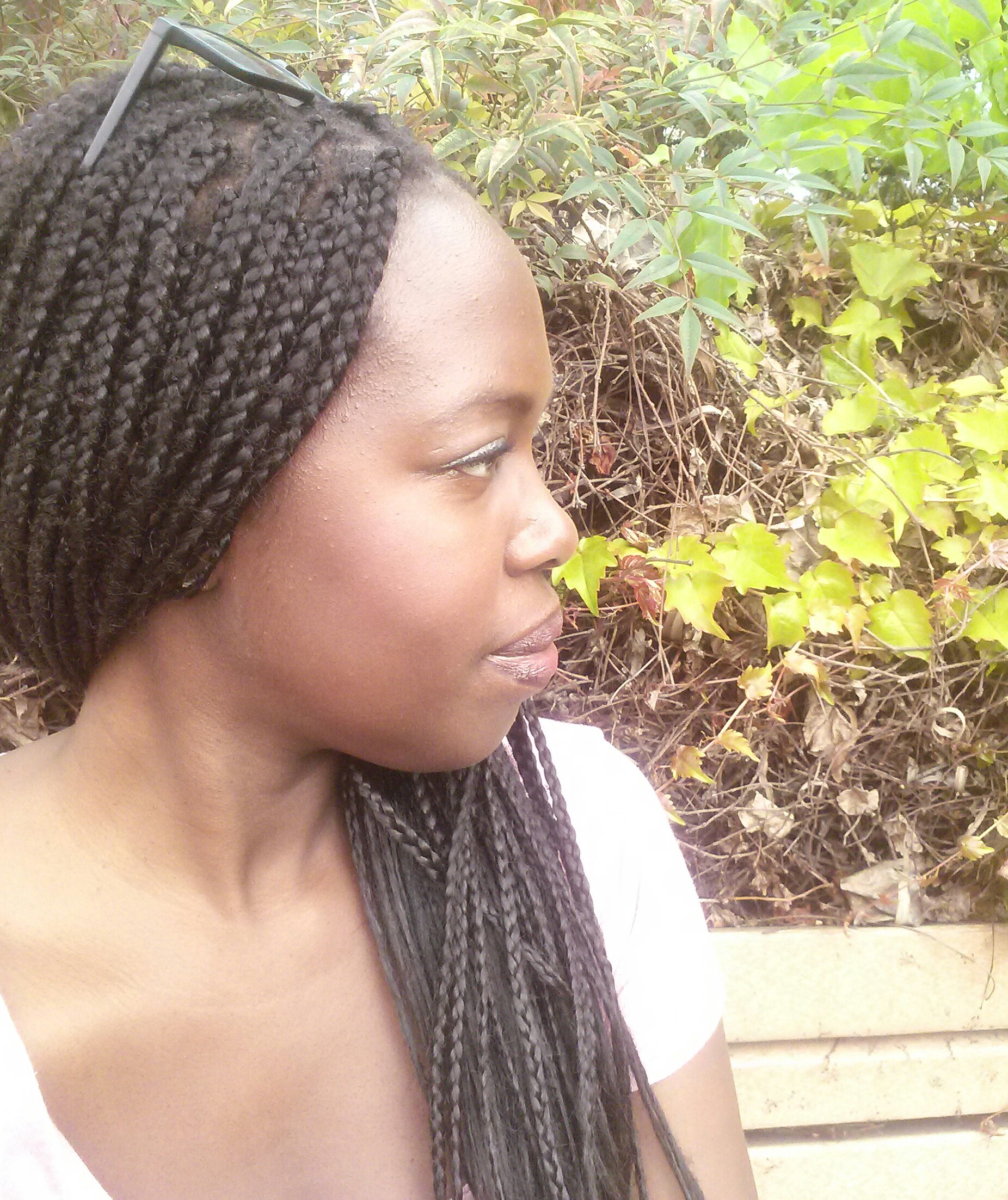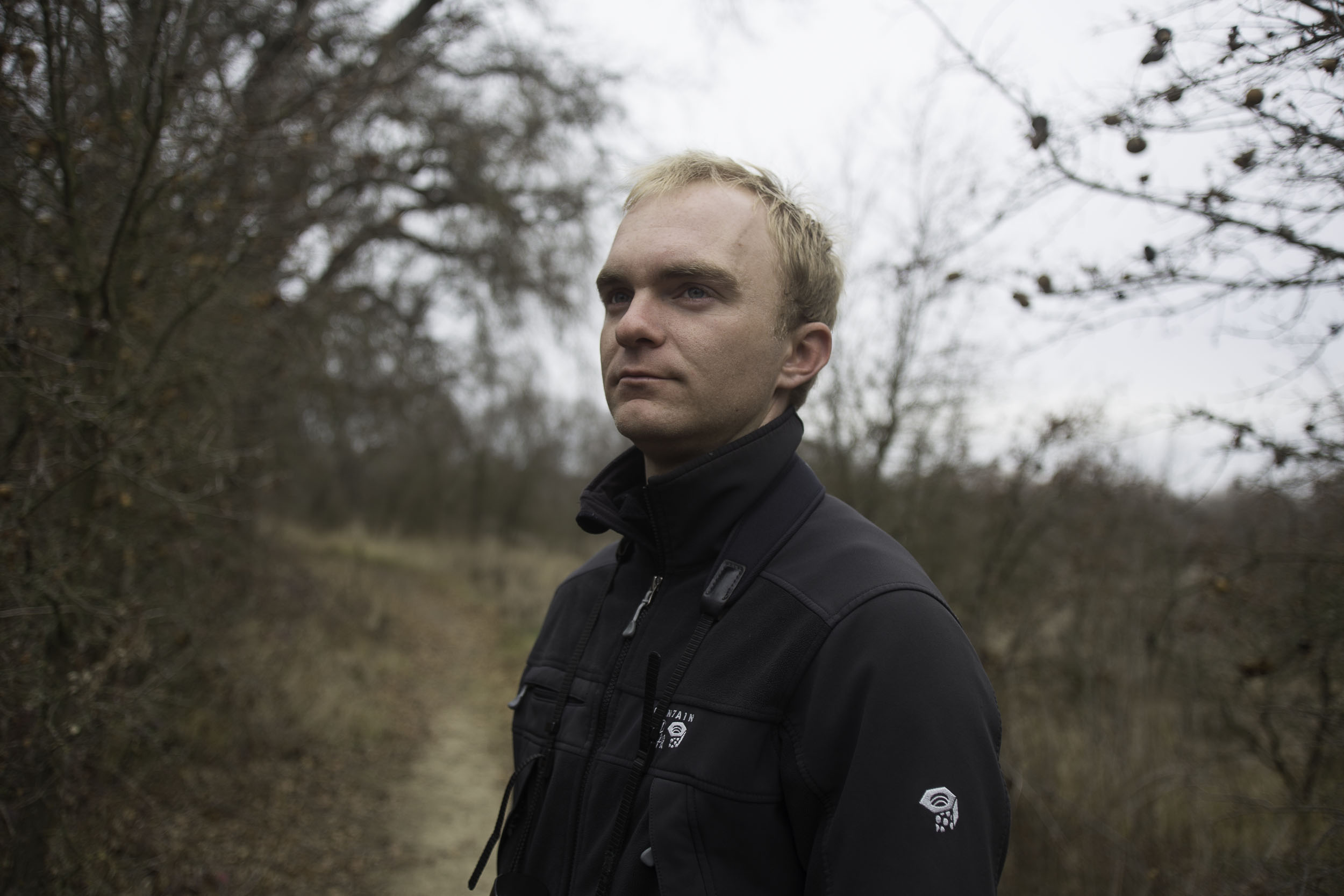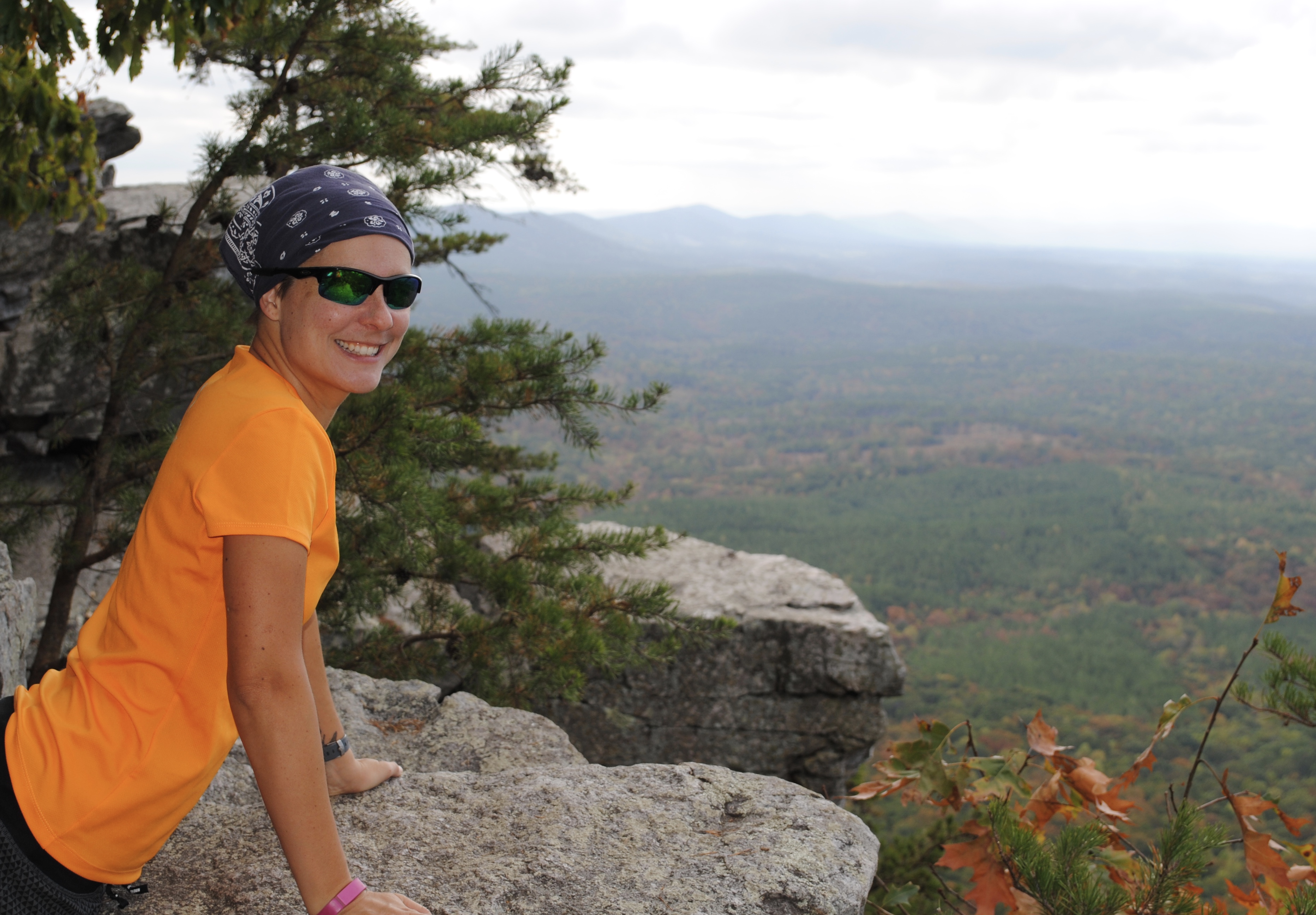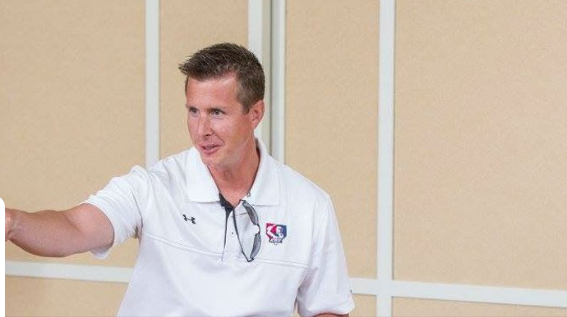
By Brendan O’Meara
Tweetables from Kevin Wilson (@KWBaseball):
“If you have something good to share, share it!”
“In order to go fast, you’ve gotta be slow.”
“How much to you value [solitude] as part of your craft?”
Kevin Wilson, president of KWBaseball, is back for another at-bat here on The Creative Nonfiction Podcast, the show where I talk to the best artists about telling true stories.
His first trip around the bases dealt with his #Goodbatting book. His latest book is Finding Clarity: A Mindful Look into the Art of Hitting and it’s about way more than hitting. As Kevin says, it helps you find your “why,” your purpose, so you can attack you craft with intentionality and maybe have a greater impact on those around you.
In this episode we talk about:
- How he found his “why”
- Listening
- Strengths vs. Weaknesses
- Failure
- And Slowing Down to go Faster
If you haven’t subscribed to the podcast, go to Apple Podcasts, Stitcher, or Google Play Music so you get that little ping each week when we go live.
I’ll also ask that you leave an honest review on iTunes. Those greatly help with the visibility and the hope is to keep growing. This podcast is a LOT of work and if it doesn’t grow then I’ll be forced to “go out of business.” Reviews and ratings will help keep the lights on.
I’m grateful that you stopped by and I hope you stay.
Now enjoy Kevin Wilson…
